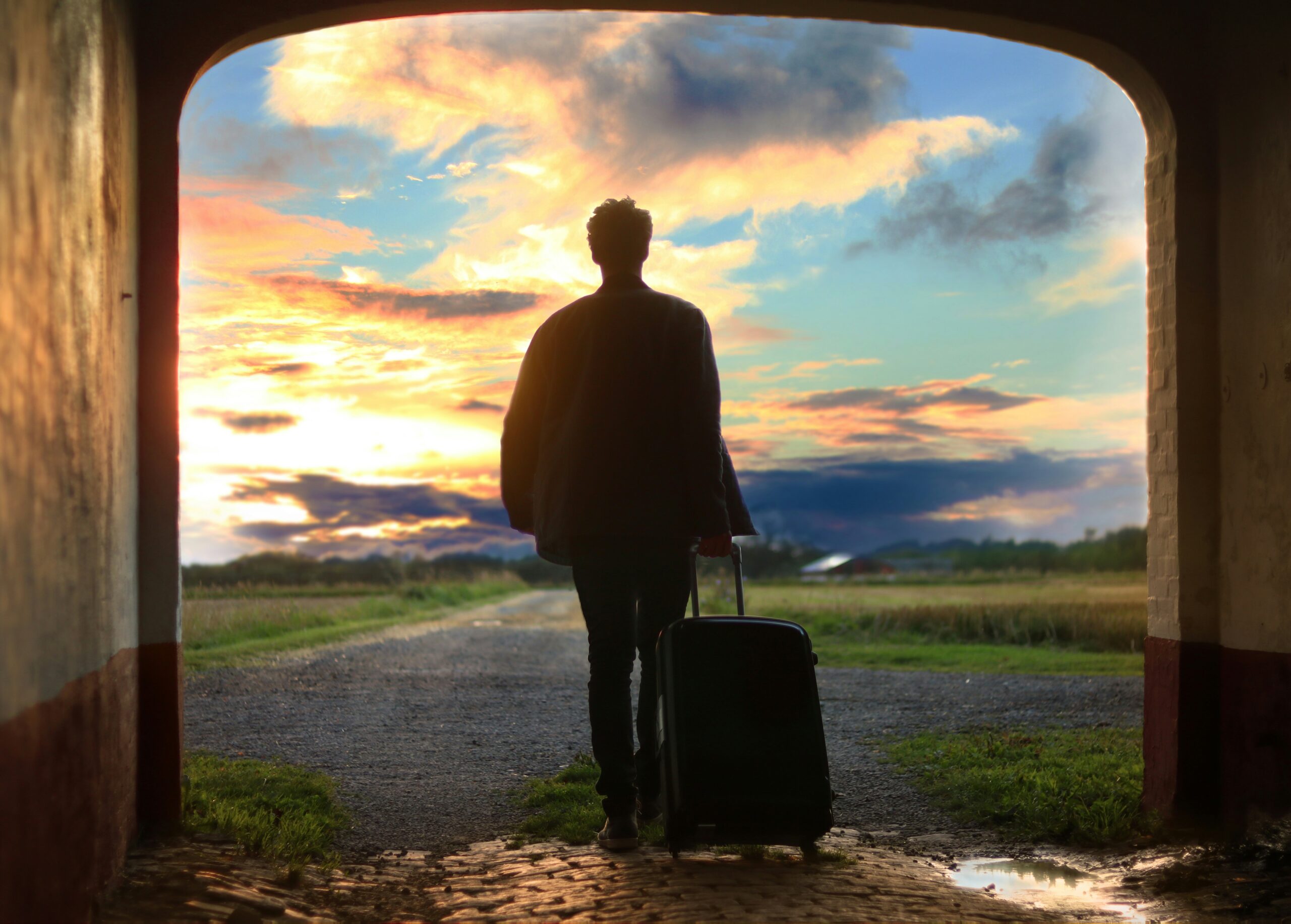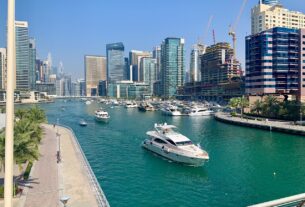When you’re planning a trip—whether it’s a two-week vacation in Europe, a long-term backpacking journey through Asia, or hosting your parents from abroad—travel insurance may not be the most exciting part of your prep list. But it’s one of the most important. And if you’re anything like me, you’ve probably spent hours navigating clunky insurance websites, confused about what’s covered and what’s not.
🌴 Get Your FREE Bahamas Checklist!
Perfect for planning your island escape 🌊
We respect your privacy. Unsubscribe anytime.
Powered by greattravelnews.com
That’s where VisitorsCoverage steps in—and why I’m writing this review.
✅ What Is VisitorsCoverage?
VisitorsCoverage is a global online travel insurance marketplace based in Silicon Valley that helps travelers compare, choose, and purchase insurance plans tailored to international travel, visitors to the U.S., and more. Unlike single-insurer websites, VisitorsCoverage is an aggregator—you can compare dozens of plans from reputable insurance carriers all in one place.
They serve:
-
International tourists
-
U.S. visitors
-
Digital nomads
-
International students
-
Immigrant families
-
Expats
-
Business travelers
This flexibility is a major reason for their growing popularity in recent years.
🖥️ User Experience & Website Design
Let’s start with what makes a great first impression—the website experience.
VisitorsCoverage.com is refreshingly modern. The platform guides you step-by-step with easy prompts:
-
Select your destination and travel dates.
-
Choose your traveler type (tourist, student, visitor to the U.S., etc.).
-
View instant quotes from multiple providers.
Each plan includes key coverage features, prices, limits, and customer ratings, all laid out in a clean and easy-to-understand format. There are also side-by-side comparison tools and filters to help narrow down options based on your needs (like COVID-19 coverage, deductible amount, or length of trip).
As someone who’s dealt with opaque insurance jargon in the past, this clarity was a big win for me.
💼 What Makes VisitorsCoverage Stand Out?
Here’s where VisitorsCoverage really excels:
🔍 1. Comprehensive Comparison Tool
Their platform doesn’t push just one provider. Instead, it gives you access to dozens of plans from top-rated insurance companies like IMG, Trawick, Seven Corners, Atlas, and International Medical Group. This saves hours of research and comparison shopping.
🦠 2. COVID-19 Coverage Filters
Traveling post-2020? You’ll love the ability to easily find plans that include COVID-19 protection—from trip cancellations to emergency care abroad. Many competitors still don’t offer this level of filtering.
🧳 3. Coverage for Visitors to the U.S.
Most Americans don’t realize that U.S. healthcare is prohibitively expensive for international visitors. VisitorsCoverage specializes in helping families insure parents or relatives visiting the U.S., something very few platforms do well.
💬 4. Responsive Customer Service
I personally reached out via email and live chat during my Europe trip planning, and their support team responded within an hour. The representative even helped me understand policy fine print (in plain English) and recommended an option with better hospital access in rural areas.
📱 5. Digital Claims and Paperless Access
No printer? No problem. Policies, claim forms, and proof of insurance are all accessible online and via email. Some providers offer direct billing, which is a huge relief during emergencies.
🛡️ Types of Insurance Offered
VisitorsCoverage doesn’t just cover basic travel plans. Their marketplace includes:
-
Travel medical insurance
-
Trip cancellation/interruption insurance
-
Multi-trip and long-term plans
-
Student and exchange visitor insurance (F1, J1)
-
Immigrant and Green Card holder coverage
-
Adventure travel coverage
-
Cruise insurance
-
Missionary and group travel insurance
No matter your travel type, they likely have a plan that fits your itinerary and risk profile.
💰 Pricing & Value
Prices vary depending on your age, trip duration, and type of coverage—but in most of my comparisons, VisitorsCoverage offered better value than booking directly with an insurer.
Example:
-
30-year-old traveler going to France for 14 days
-
Medical coverage of $100,000, $0 deductible
-
Quote on VisitorsCoverage: $32.56
-
Same plan on insurer’s site: $39.95
You also benefit from frequent promotions or bundled deals.
🧾 Real User Reviews
Thousands of travelers have reviewed VisitorsCoverage on platforms like Trustpilot and SiteJabber. They currently hold a TrustScore of 4.7+ out of 5, with consistent praise for their:
-
Fast claims processing
-
Helpful support staff
-
Plan variety and transparency
-
Peace of mind during medical emergencies
❗Things to Consider
-
Claims are processed by the individual insurer, not VisitorsCoverage—so read plan details carefully.
-
Not all plans include trip cancellation—make sure to filter accordingly.
-
If you’re traveling with pre-existing conditions, check which plans offer waivers or dedicated coverage.
🌟 Final Verdict
VisitorsCoverage is hands-down one of the best online platforms for buying travel insurance in 2025. With unmatched flexibility, modern design, transparent comparisons, and stellar support, it makes an essential part of travel planning stress-free and reliable.
Whether you’re planning a summer trip to Europe, inviting your parents to the U.S., or heading off for digital nomad life, this platform is your trusted insurance partner.
👍 Who Should Use VisitorsCoverage?
✅ First-time international travelers
✅ Families hosting visitors from abroad
✅ Budget-conscious travelers who want to compare options
✅ Anyone who values clear, fast, and responsive support
🔗 Affiliate/Call to Action (Optional for Blog)
Ready to travel smarter and safer?
👉 Compare travel insurance on VisitorsCoverage now
(It takes less than 2 minutes and could save you hundreds!)




